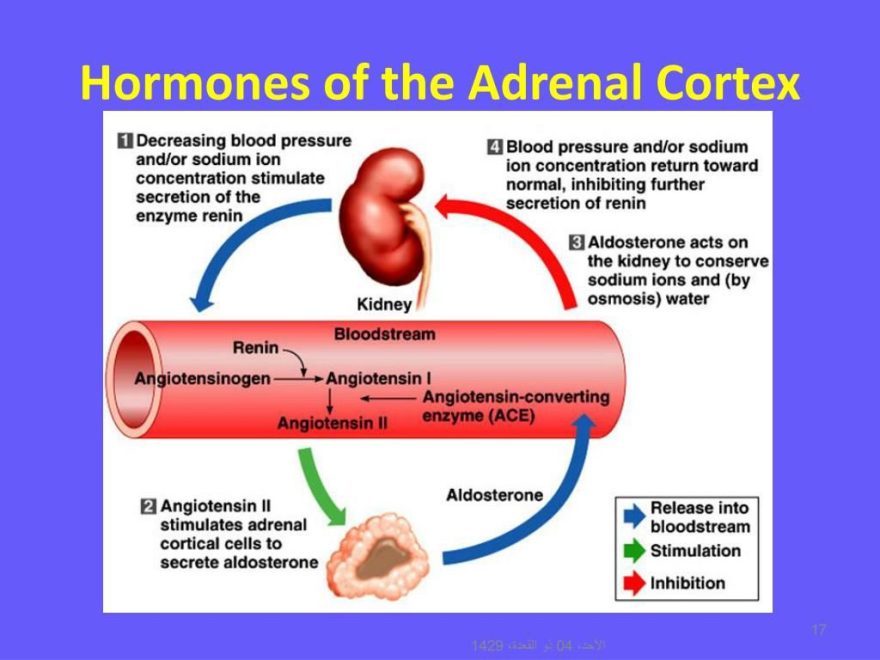Living with adrenal issues as a woman can bring about a myriad of challenges, with hormonal changes being one of the most impactful aspects to navigate. The adrenals are small glands located on top of the kidneys and play a crucial role in producing hormones that regulate metabolism, stress response, and reproduction. When adrenal function is compromised, it can lead to hormonal imbalances that affect various aspects of a woman’s health and well-being.
Understanding Adrenal Issues
Adrenal issues can arise from various factors, including adrenal fatigue, Addison’s disease, or Cushing’s syndrome. These conditions disrupt the normal functioning of the adrenal glands, leading to inadequate or excessive hormone production. As a result, women may experience irregular menstrual cycles, mood swings, fatigue, weight fluctuations, and difficulty managing stress.
Identifying the Impact on Hormonal Balance
Hormonal changes often manifest differently for women with adrenal issues compared to those without. The delicate balance between cortisol, the primary stress hormone, and other sex hormones like estrogen and progesterone may be disrupted. This disruption can lead to a range of symptoms, such as:
Irregular menstrual cycles: Women may experience longer or shorter cycles, missed periods, or heavier bleeding.
Mood swings and emotional instability: Hormonal imbalances can contribute to heightened anxiety, irritability, and depression.
Chronic fatigue: Adrenal issues may lead to constant feelings of exhaustion and low energy levels.
Weight management difficulties: Hormonal imbalances can affect metabolism, making it challenging to maintain a healthy weight.
Sleep disturbances: Women with adrenal issues may struggle with falling asleep or staying asleep throughout the night.
Developing a Comprehensive Approach
Navigating hormonal changes in women with adrenal issues requires a comprehensive approach that addresses both the underlying adrenal condition and the associated hormonal imbalances. Here are some strategies that can prove helpful:
1. Seeking Medical Guidance
First and foremost, consulting a healthcare professional with experience in adrenal issues and hormonal imbalances is essential. They can accurately diagnose and identify the root causes of the problem, as well as design an appropriate treatment plan that suits individual needs.
2. Prioritizing Stress Management
Since the adrenal glands play a significant role in stress response, it’s crucial to prioritize stress management techniques. Engaging in activities like meditation, yoga, deep breathing exercises, or even seeking therapy can help regulate cortisol levels and promote a healthier hormonal balance.
3. Maintaining a Balanced Diet
A well-rounded and balanced diet is vital for hormonal health. Focus on consuming nutrient-dense foods, including fruits, vegetables, whole grains, lean proteins, and healthy fats. Avoid excessive sugar, processed foods, and caffeine, as these can further disrupt hormonal balance.
4. Adequate Sleep and Rest
Prioritize getting enough sleep and restorative rest. Establish a consistent sleep routine, create a calming bedtime routine, and create a sleep-friendly environment to optimize hormonal balance and support adrenal function.
5. Hormone Replacement Therapy
In more severe cases, hormone replacement therapy (HRT) may be recommended. HRT involves the use of hormone medications prescribed by a healthcare professional to help restore hormonal balance.
6. Regular Exercise
Engaging in regular physical activity can support adrenal function and promote hormonal balance. Aim for a mix of cardiovascular exercises, strength training, and relaxation activities like yoga or Pilates.
Conclusion
Women navigating hormonal changes alongside adrenal issues face unique challenges. By working closely with healthcare professionals, prioritizing stress management, maintaining a balanced diet, getting adequate sleep, considering hormone replacement therapy when necessary, and incorporating regular exercise, women can take control of their hormonal health and enjoy a better quality of life.

